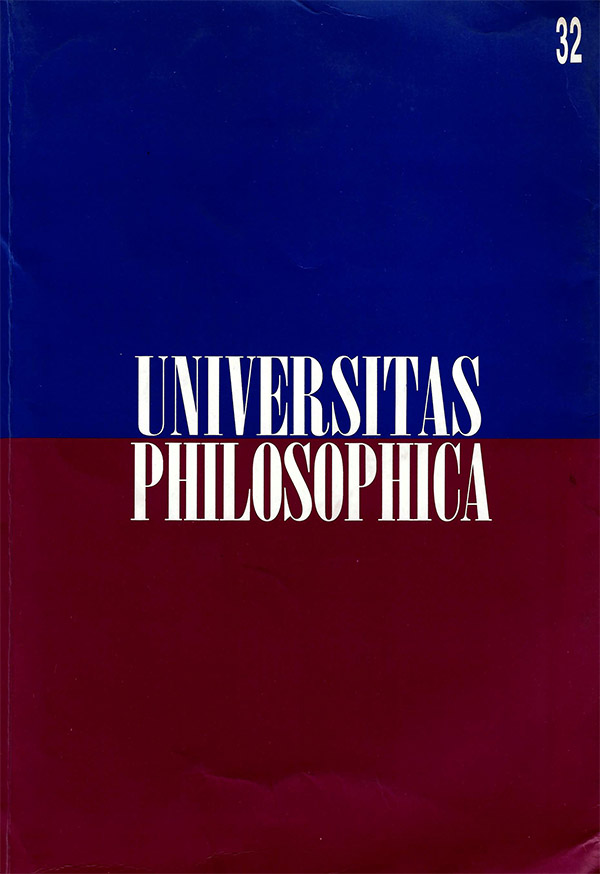Abstract
In celebration of the appearance of B. Lonergan's Insight. Estudio sobre la comprensión humana, in Spanish (1999), McShane shares his own Quixotic climbing of that work since his first reading in 1957, and discusses a fundamental pointing towards the type of effort needed in appropriating Insight as we start a new millennium. With Ortega, Lonergan shares criticism of slovenly cultures, reverence for the openness of circumstances as against a certain identifiable closure, and the challenge for a massive cultural transition towards a third stage of meaning: a massive mediation of human interiority. This mediation transcends the old ones focused on common sense and theory. It is a new Quixotic time for individuals and the human race, pointing towards a new direction: the discovery of a luminous and self-taste extreme realism in our consciousnesses, and a needed hodic division of labour in the field of the mind.This journal is registered under a Creative Commons Attribution 4.0 International Public License. Thus, this work may be reproduced, distributed, and publicly shared in digital format, as long as the names of the authors and Pontificia Universidad Javeriana are acknowledged. Others are allowed to quote, adapt, transform, auto-archive, republish, and create based on this material, for any purpose (even commercial ones), provided the authorship is duly acknowledged, a link to the original work is provided, and it is specified if changes have been made. Pontificia Universidad Javeriana does not hold the rights of published works and the authors are solely responsible for the contents of their works; they keep the moral, intellectual, privacy, and publicity rights.
Approving the intervention of the work (review, copy-editing, translation, layout) and the following outreach, are granted through an use license and not through an assignment of rights. This means the journal and Pontificia Universidad Javeriana cannot be held responsible for any ethical malpractice by the authors. As a consequence of the protection granted by the use license, the journal is not required to publish recantations or modify information already published, unless the errata stems from the editorial management process. Publishing contents in this journal does not generate royalties for contributors.


